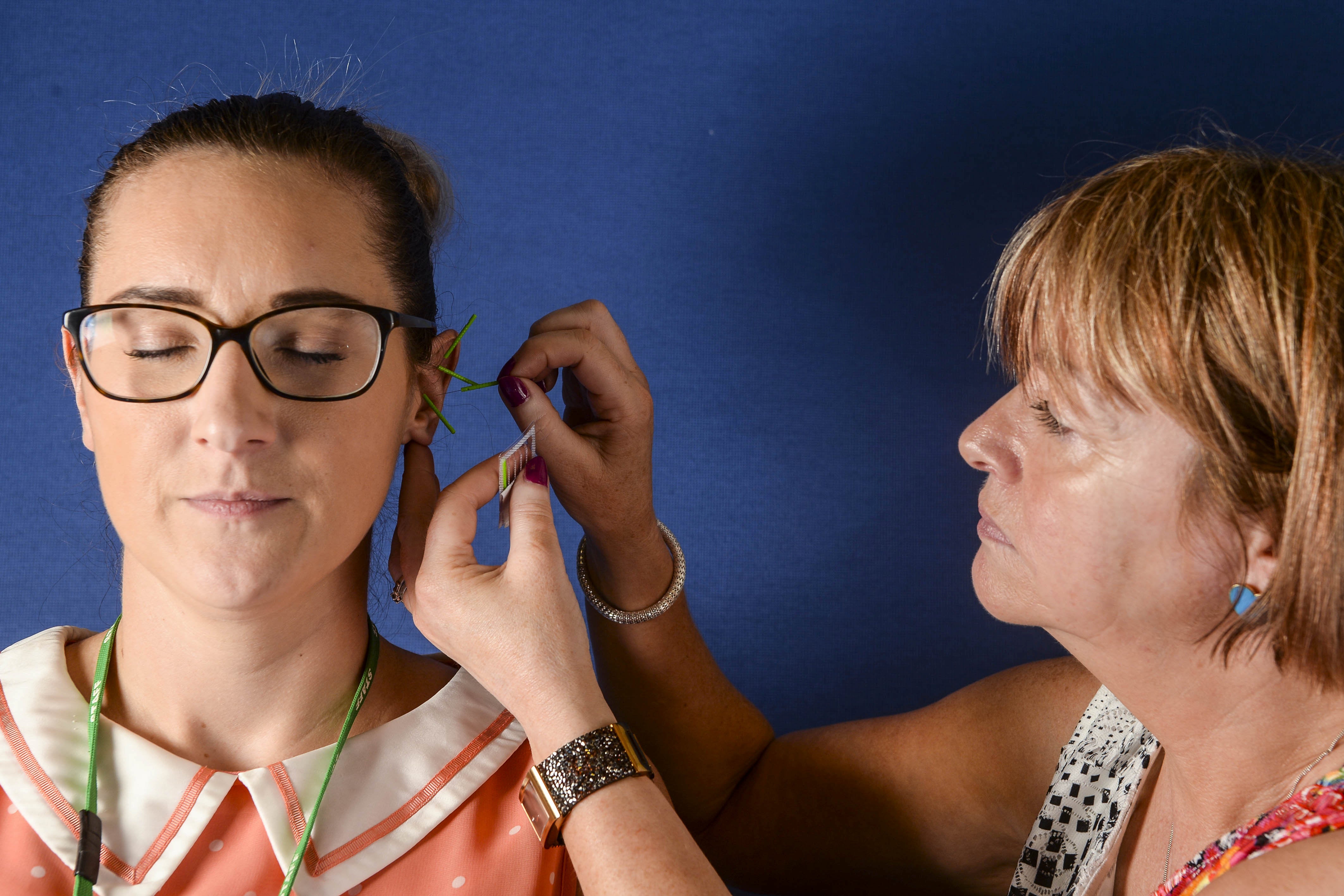Ice baths, acupuncture, and colonics - the lengths Brits are going to for a healthy immune system
British adults are taking more ‘extreme’ steps to improve their immunity through alternative methods

Your support helps us to tell the story
From reproductive rights to climate change to Big Tech, The Independent is on the ground when the story is developing. Whether it's investigating the financials of Elon Musk's pro-Trump PAC or producing our latest documentary, 'The A Word', which shines a light on the American women fighting for reproductive rights, we know how important it is to parse out the facts from the messaging.
At such a critical moment in US history, we need reporters on the ground. Your donation allows us to keep sending journalists to speak to both sides of the story.
The Independent is trusted by Americans across the entire political spectrum. And unlike many other quality news outlets, we choose not to lock Americans out of our reporting and analysis with paywalls. We believe quality journalism should be available to everyone, paid for by those who can afford it.
Your support makes all the difference.A poll of 2,000 adults found 34 per cent employ such tactics in the hope of building up their natural defences – with 37 per cent taking this ‘more seriously’ over the past two years.
Other popular immunity hacks include having more sex, listening to uplifting music, taking vitamin D, fasting, and gargling salt water.
And nearly one in 20 (four per cent) have even tried colonic irrigation – the practice of injecting water via the anus to flush out toxins from the colon.
It also emerged 27 per cent are open to trying more ‘extreme’ steps to improve immunity, such as having IV vitamin infusions, but 52 per cent aren’t convinced ‘alternative’ methods like these work.
Instead, 70 per cent believe adopting little daily habits could be a more sustainable and effective way to support their immune system.
The research, commissioned by Actimel, also found 40 per cent are eager to find tactics to support their immune system that they’re likely to stick to.
Immunologist, Dr Jenna Macciochi, who has teamed-up with the yoghurt drink, said: “Movement and adding more Vitamin D to your diet are two key ways to support the immune system.
“They are also arguably two of the easiest and most accessible methods for promoting this aspect of our health.
“While it’s encouraging to see such a large proportion of those polled actively wanting to adopt steps to support their immune system, they might be going to greater lengths than they need to.
“I am a firm believer of adopting little daily habits when it comes to sustainable solutions for supporting your immune system.”
The study also found 32 per cent of adults have been so keen to support their immune system, they’ve made a New Year’s resolution to do just that.
However, 43 per cent only managed to stick to it for three to four weeks.
The top reasons for ending their pledge early are lack of motivation (50 per cent), it not fitting with existing routines (44 per cent), and it being unsustainable (32 per cent).
However, this year, 86 per cent intend to pursue at least one activity or tactic with the aim of promoting a healthy immune system.
And 54 per cent believe they will be more successful if they find a method which doesn’t involve overhauling their entire lifestyle and fits within existing routines.
Carried out through OnePoll, the study found 52 per cent of adults consider their immune system to be strong.
However, 28 per cent ‘lack knowledge’ when it comes to supporting it, with 50 per cent wanting to learn more about this subject.
Dr Jenna Macciochi, from Actimel, added: “Interest in the immune system among the general public has increased in recent years.
“But it’s important to know that we don’t need to go to extreme lengths to support this aspect of our health.
“Movement, eating well, ensuring you get the right vitamins and consuming nutritious foods/drinks can be all that’s needed.
“The little things that we do daily can make the biggest difference.”
Top 20 most common ways people have tried to support the immune system:
- Have more water
- Taken Vitamin D
- Exercised regularly
- Eaten a healthy diet high in fruits and vegetables
- Taken oral vitamin supplements
- Tried to get more sleep at night
- Upped their step count
- Have lemon water
- Eaten fortified foods
- Intermittent fasting
- Gargled salt water
- Had more sex
- Taken cold showers
- Veganuary
- Gone on wellbeing retreats
- Purposefully mixed with sick people to build antibodies
- Taken ice baths
- Tried acupuncture
- Wild swimming
- Tried osteopathy



Join our commenting forum
Join thought-provoking conversations, follow other Independent readers and see their replies
Comments